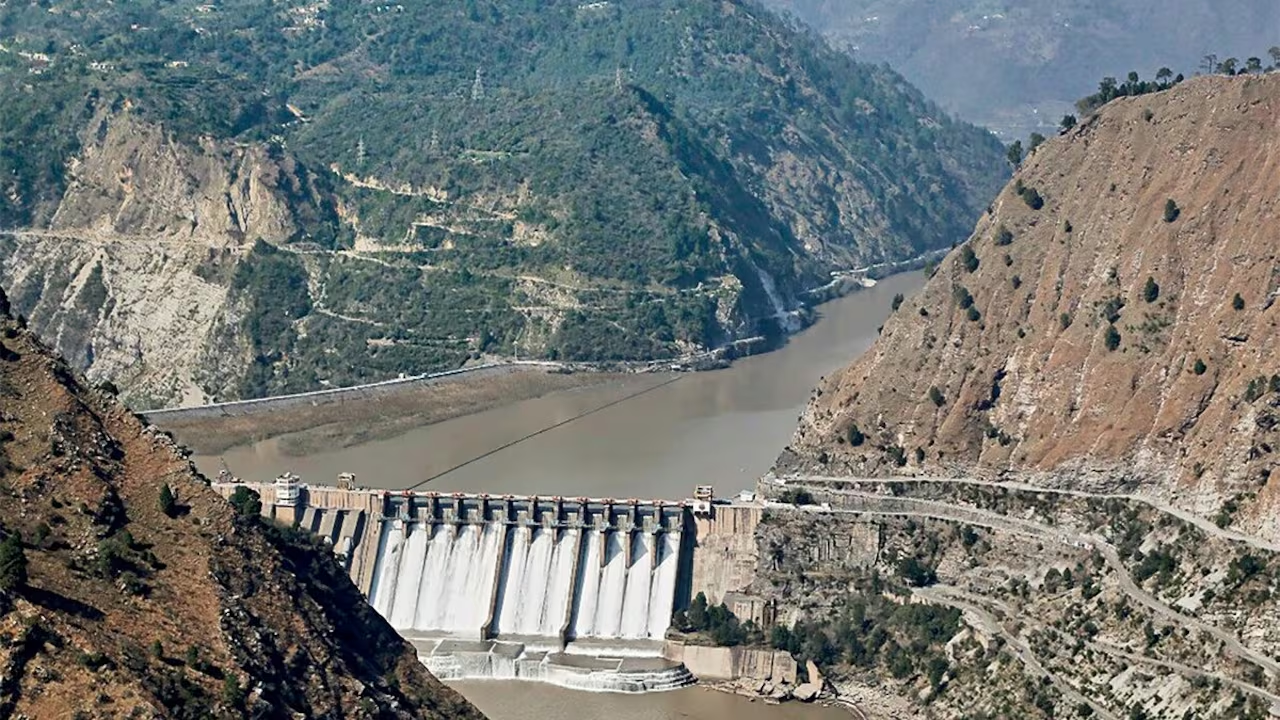- Courses
- GS Full Course 1 Year
- GS Full Course 2 Year
- GS Full Course 3 Year
- GS Full Course Till Selection
- Answer Alpha: Mains 2025 Mentorship
- MEP (Mains Enrichment Programme) Data, Facts
- Essay Target – 150+ Marks
- Online Program
- GS Recorded Course
- Polity
- Geography
- Economy
- Ancient, Medieval and Art & Culture AMAC
- Modern India, Post Independence & World History
- Environment
- Governance
- Science & Technology
- International Relations and Internal Security
- Disaster Management
- Ethics
- NCERT Current Affairs
- Indian Society and Social Issue
- NCERT- Science and Technology
- NCERT - Geography
- NCERT - Ancient History
- NCERT- World History
- NCERT Modern History
- CSAT
- 5 LAYERED ARJUNA Mentorship
- Public Administration Optional
- ABOUT US
- OUR TOPPERS
- TEST SERIES
- FREE STUDY MATERIAL
- VIDEOS
- CONTACT US
Rajya Sabha passes Bill to Replace 100 years old Boilers Act 1923
Rajya Sabha passes Bill to Replace 100 years old Boilers Act 1923
- On December 4, 2024, the Rajya Sabha passed the Boilers Bill, 2024, which seeks to replace the century-old Boilers Act of 1923.
- The Bill was moved by Commerce and Industry Minister Piyush Goyal and aims to modernize the regulatory framework governing boilers in India, ensuring safety, simplifying procedures, and decriminalizing certain offences.
- Minister Piyush Goyal highlighted that the Boilers Bill, 2024 is part of a broader effort to modernize colonial-era laws.
Historical Context and Previous Amendments
- The Boilers Act, 1923 was last amended in 2007, introducing third-party inspections. However, many provisions of the original Act were found to be outdated and in need of review.
- The Bill also aligns with the Jan Vishwas (Amendment of Provisions) Act, 2023, which seeks to decriminalize various offences across sectors.
|
The Jan Vishwas (Amendment of Provisions) Bill, 2023 was passed by Parliament in August 2023 to promote Ease of Living and Ease of Doing Business. It decriminalizes 183 provisions across 42 Central Acts, affecting 19 ministries. The key changes include:
The Bill aims to rationalize laws, reduce unnecessary punishments, and make compliance easier for businesses and citizens. |
What are the boilers?
- Boilers refer to pressure vessels or closed containers used to heat water or other fluids to produce steam or hot water for various industrial, commercial, or residential applications.
- The steam or hot water generated by boilers is used for heating, power generation, and industrial processes.
- Boilers are commonly used in sectors such as power generation, manufacturing, chemical processing, food production, textile industry,
1. Objective and Purpose of the Boilers Bill, 2024
The Boilers Bill, 2024 is introduced to:
- Replace the Boilers Act of 1923: The 1923 law had become outdated and needed modernization to address current industry requirements.
- Streamlined Procedures: The Bill consolidates provisions spread across the 1923 Act into 6 chapters, making it easier to understand and implement.
- Enhance the Ease of Doing Business: The Bill aims to simplify regulatory processes and promote ease of compliance for businesses.
- Ensure Safety: The Bill mandates that only qualified personnel inspect and repair boilers, improving workplace safety.
- Decriminalize Offences: The Bill reduces the number of offences punishable with criminal penalties and introduces financial penalties instead.
2. Key Provisions of the Bill
a. Boiler Registration and Certification
- Boilers need to be registered before starting operations. Registration renewal is required for continued operation.
- Boiler manufacturers must get the design of the boilers and related components certified.
- Manufacturing, erection, alterations, and repairs of boilers will be subject to inspection by competent authorities.
- Third parties can be authorized to inspect and certify boilers.
b. Safety and Accountability
- The Bill mandates that only qualified and competent inspectors are allowed to assess boiler safety.
- Any boiler accidents must be reported within 24 hours.
- No repairs or alterations can be made to boilers without prior approval.
c. Regulatory Mechanism
- A Central Boilers Board will be set up to frame regulations related to boiler safety and inspections.
- State governments will appoint inspectors, and they may also provide exemptions for certain regions or sectors from the application of the Bill.
d. Penalties and Offences
- 7 offences related to boiler safety, previously punishable with criminal penalties, will now attract financial penalties.
- Only severe offences leading to loss of life or property will retain criminal penalties.
- Financial penalties for non-criminal offences will be handled through executive orders instead of court procedures, simplifying enforcement.
Conclusion
The Boilers Bill, 2024 is a significant step towards modernizing India’s boiler safety framework and simplifying compliance for businesses. While it addresses key issues related to safety and ease of doing business, concerns about state autonomy, environmental safeguards, and accountability mechanisms need to be carefully addressed in the coming months. As India moves towards a more cooperative federalism model, the Bill’s implementation will need to balance safety, business needs, and environmental considerations.




